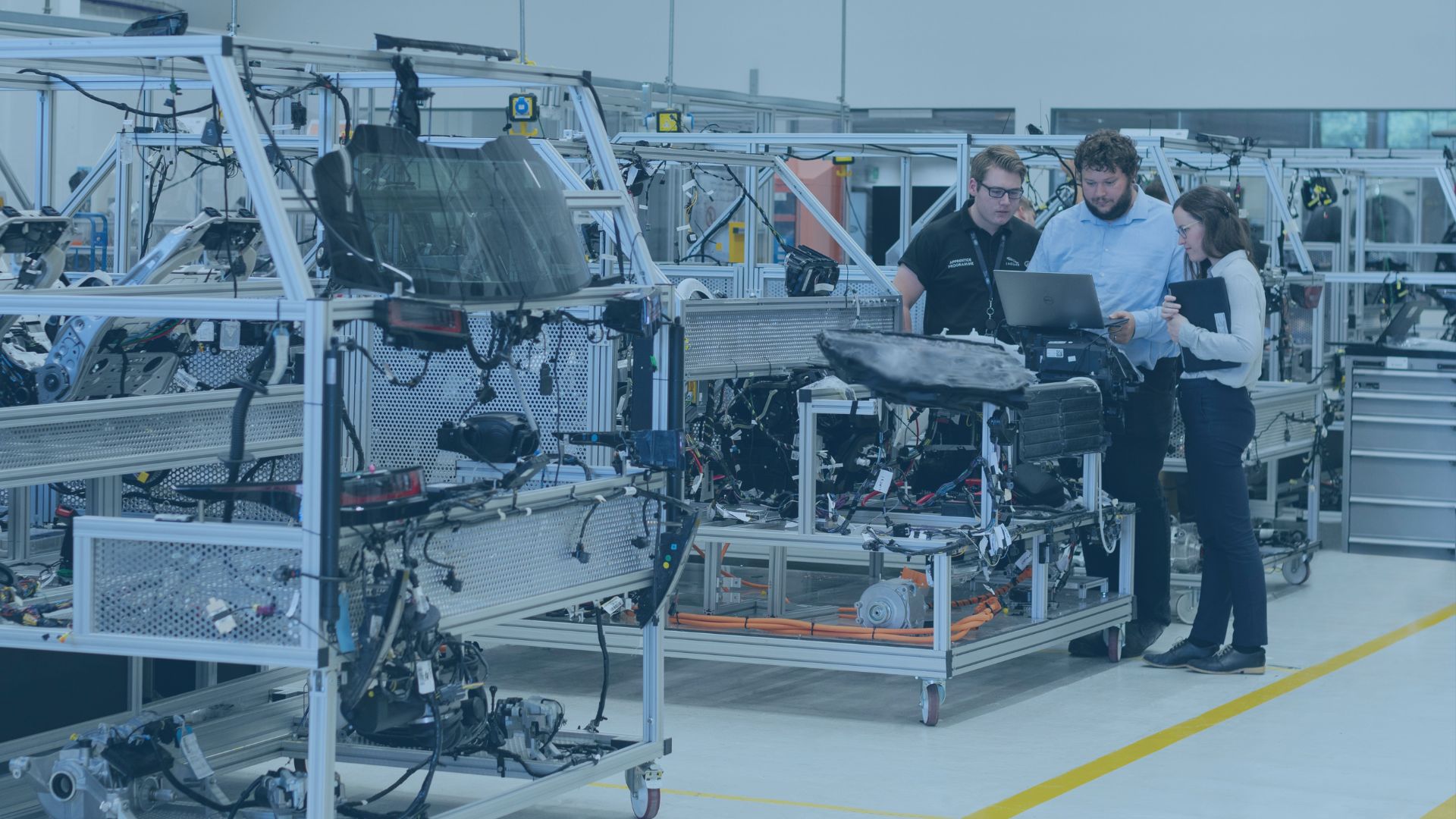Two forces are shaping the future of the manufacturing industry: sustainability and innovation.
These priorities insist that companies like yours build a resilient workforce capable of adapting to an ever-changing landscape. For hiring managers, the challenge lies in identifying and recruiting talent that aligns with these long-term goals.
This article provides practical insights and strategies for manufacturing leaders to future-proof their workforce by hiring for sustainability and innovation.
Why Sustainability and Innovation Matter in Manufacturing
Sustainability and innovation are no longer optional in the manufacturing sector. They are critical drivers of competitive advantage, customer satisfaction, and long-term growth.
- Sustainability: With increasing regulatory pressures, consumer demand for eco-friendly products, and the need to reduce operational costs, manufacturers are prioritizing sustainable practices. From adopting green energy solutions to minimizing waste, sustainability requires skilled employees who understand its technical and strategic applications.
- Innovation: The rise of Industry 4.0, automation, and advanced materials demands a workforce with technical expertise and creative problem-solving skills. Innovation enables manufacturers to streamline processes, improve product quality, and stay ahead in a competitive market.
Hiring employees who excel in these areas ensures your company remains agile and competitive in the years to come.
Key Traits and Skills for a Future-Ready Workforce
When hiring for sustainability and innovation, focus on candidates who demonstrate the following:
Traits:
- Adaptability: The ability to thrive in a rapidly changing environment.
- Curiosity: A desire to learn new skills and explore emerging technologies.
- Collaboration: A willingness to work across departments to implement innovative solutions.
Skills:
- Technical Expertise in Sustainability: Knowledge of energy efficiency, green manufacturing techniques, and environmental compliance standards.
- Proficiency in Technology: Experience with IoT, AI, robotics, and data analytics, which are integral to modern manufacturing.
- Creative Problem-Solving: The ability to approach challenges with innovative solutions, especially in the context of resource efficiency and process optimization.
Recruitment Strategies for Sustainability and Innovation
1. Craft Targeted Job Descriptions
- Use language that emphasizes your company’s commitment to sustainability and innovation.
- Highlight opportunities to work on green projects or cutting-edge technologies.
- Specify the technical skills and traits that align with your long-term goals.
2. Source Talent from Specialized Programs
- Partner with universities and technical schools offering courses in sustainable engineering, renewable energy, or industrial automation.
- Collaborate with professional organizations like the Society of Manufacturing Engineers (SME) to access a network of skilled professionals.
3. Look Beyond Traditional Candidate Pools
- Consider candidates from adjacent industries, such as renewable energy or tech, who bring transferable skills.
- Recruit globally to access talent with unique perspectives on sustainability and innovation.
Training and Development: Building Skills from Within
While hiring external talent is essential, upskilling your current workforce ensures they remain relevant as industry demands evolve.
1. Implement Upskilling Programs
- Offer courses in sustainable manufacturing practices, green certifications, or advanced technology tools.
- Partner with training providers to deliver workshops on energy efficiency, waste reduction, or automation.
2. Encourage Cross-Training
- Rotate employees across roles to build a versatile workforce capable of handling multiple challenges.
- Cross-functional teams foster collaboration and innovative thinking.
3. Provide Continuous Learning Opportunities
- Subsidize certifications such as Lean Six Sigma, Certified Energy Manager (CEM), or Certified Sustainability Professional (CSP).
- Encourage participation in industry conferences and workshops to stay updated on the latest trends.
Retention Strategies for a Future-Focused Workforce
Retaining top talent is just as critical as attracting it. Employees driven by sustainability and innovation thrive in environments that support their growth and align with their values.
1. Foster a Culture of Innovation
- Encourage employees to share ideas for improving processes, reducing waste, or adopting new technologies.
- Recognize and reward creative contributions to sustainability projects.
2. Highlight Career Growth Opportunities
- Provide clear pathways for advancement, such as leadership roles in sustainability initiatives or innovation teams.
- Promote from within to retain institutional knowledge and motivate employees.
3. Align Workplace Values with Employee Expectations
- Demonstrate your commitment to sustainability through actions, such as adopting green practices or supporting community initiatives.
- Create transparency by sharing progress on sustainability goals with employees.
Measuring the Success of Your Future-Proofing Efforts
To ensure your workforce strategies align with your sustainability and innovation goals, track key performance indicators (KPIs):
- Retention Rates: Are you retaining employees with skills in sustainability and innovation?
- Employee Engagement: Use surveys to measure how aligned employees feel with your company’s values and goals.
- Project Outcomes: Track the success of sustainability initiatives and innovative projects to assess workforce impact.
- Training ROI: Evaluate the return on investment for training programs by measuring productivity gains or reductions in resource use.
Conclusion
Hiring for sustainability and innovation is about building a workforce that can adapt to the future of manufacturing.
By focusing on the right traits and skills, implementing targeted recruitment strategies, and investing in employee development, manufacturing leaders can position their companies for long-term success.
The manufacturing industry’s future will be defined by those who embrace change and build teams capable of driving progress. With a strategic approach to hiring, your company can meet the demands of sustainability and innovation while staying ahead of the competition.

